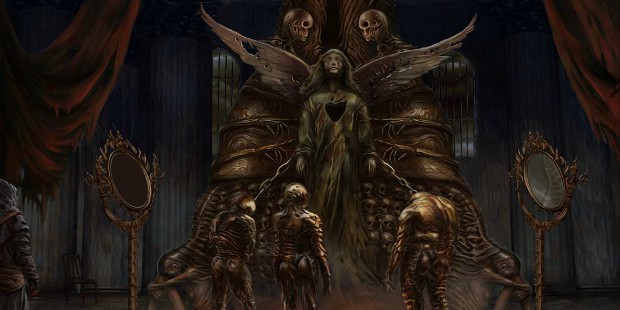

With warehouses on three continents, worldwide sales representation, and a robust digital publishing program, the Books Division connects Hopkins authors to scholars, experts, and educational and research institutions around the world.

With critically acclaimed titles in history, science, higher education, consumer health, humanities, classics, and public health, the Books Division publishes 150 new books each year and maintains a backlist in excess of 3,000 titles.
#Tormentum dark sorrow torture chamber professional#
The division also manages membership services for more than 50 scholarly and professional associations and societies.

The Journals Division publishes 85 journals in the arts and humanities, technology and medicine, higher education, history, political science, and library science. The Press is home to the largest journal publication program of any U.S.-based university press. One of the largest publishers in the United States, the Johns Hopkins University Press combines traditional books and journals publishing units with cutting-edge service divisions that sustain diversity and independence among nonprofit, scholarly publishers, societies, and associations. To theorize such unusual events, the essay proposes two terms, pseudoperformativity and paraperformativity, the better to underscore the common ground among medieval studies, reenactment studies, and the history of rhetoric. In addition to rehearsing complex questions about anachronism, linguistic and cultural translation, gallows humor, and the appropriation or rejection of the past, the Heksenfeest places front and center theatre's capacity for true Austinian performativity as it seeks to make history. In 2012, prior to a theatrical representation of the unlikely heroine's life and death, the town's mayor proclaimed that he was pardoning Jeanne Panne, along with sixteen other executed witches.
#Tormentum dark sorrow torture chamber trial#
The Witch Festival of Nieuwpoort, or Heksenfeest, reenacts (as medieval) the trial and unjust conviction of Jeanne Panne, who was burned at the stake for witchcraft in 1650. A contemporary Flemish festival raises the stakes of ongoing critical conversations about reenactments, theatre historiography, and performativity in the service of social change.


 0 kommentar(er)
0 kommentar(er)
